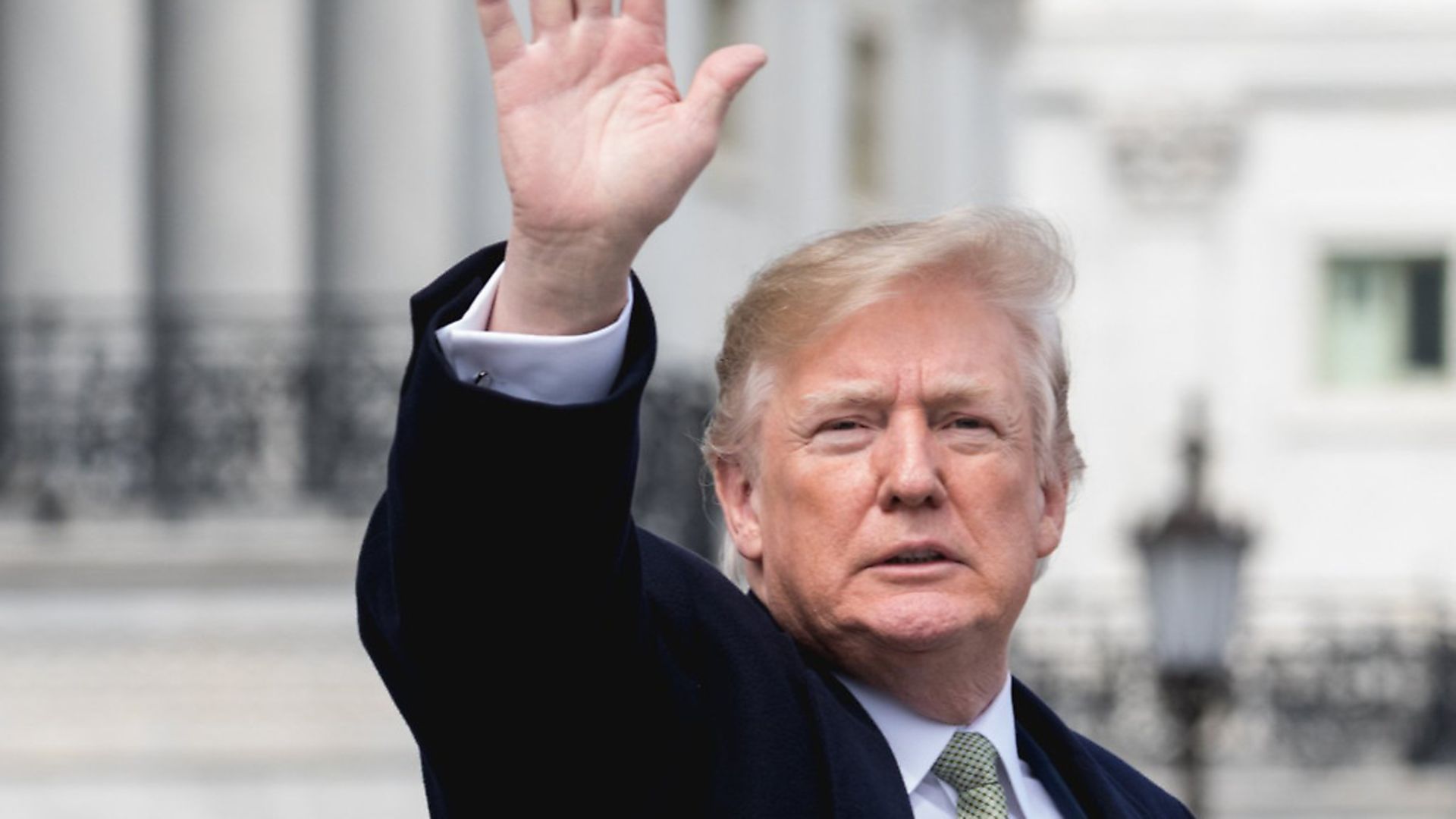
The corporation’s critics should be wary of following POTUS’ playbook, says Liz Gerard.
In some eyes, of course, the BBC gets it wrong on everything. Newspapers have had it in for their state-financed rival for decades. Now Remainers are joining the chorus.
For them, it is frustrating that the Corporation seems to regard Brexit as a fait accompli and the minimal coverage of their recent protest marches was a particular affront. From the BBC’s point of view, if you have room for just one protest march in your news bulletins, half a million students calling for new gun laws in America probably do outweigh a few thousand British flagwavers. That said, the UK news editor’s defence of that decision on the corporation’s own Feedback show was not strong and his ‘it’ll change nothing’ stance was inflammatory.
But no one is infallible. The BBC tends to get it right most of the time, and those who accuse it of a conspiracy to project a biased opinion – whether left or right, Brexit or Remain – are wide of the mark. The structure of the corporation, with its 20,000-strong workforce, makes such a thing impossible. First there are the numbers. BBC News employs 2,000 journalists – against about 3,000 for the whole of Fleet Street. Then there is the way it works: the BBC is not like other media organisations, with a clear chain of command under an editor who dictates policy. Instead power is spread in such a way that no one agenda can take hold. As former director of news Richard Sambrook explains: ‘One of the things politicians don’t understand (or respect) is that editorial authority and judgment are distributed and delegated. Of course there are co-ordination meetings. But in the end, each programme editor makes his or her own choices. These will be reviewed afterwards, but diverse judgments are celebrated. If anyone tried to lay down an editorial line across all BBC News, it simply wouldn’t work.’
Of the recent Twitter assault by my New European colleague Andrew Adonis, another senior BBC insider said: ‘I’d guess the vast majority of journalists at BBC would be pro-Remain, but the culture of impartiality means that everyone is fanatical about not favouring the opinions they hold themselves. Farage has taken advantage of the determination not to be biased towards Remain, so that too much air has been given to lunatics. Adonis seems to be trying to use the same tactics from the other side. He’s just doing what others are doing. There’s an irony in it. But it’s a rotten thing to do.’
Everyone agrees it is the BBC’s duty to sit on the fence. It’s an uncomfortable position: ropes have been attached to every one of the Beeb’s many limbs and the very vested interests that demand the corporation stay put are busy tugging. Some want to pull it a little further in their direction; others long to see the whole edifice brought to the ground and smashed into pieces. That would be a tragedy. The BBC is far and away the most trusted news source in the country – an Ipsos-Mori poll last year found that 57% would turn to it first for reliable information, against 11% for ITN, 5% for Sky and 4% for the Guardian. The Times, Telegraph, Mail and FT all sat alongside Facebook at 1%. Other papers didn’t register. Its reputation goes beyond borders, ranking among the four most trusted news providers in the US in two surveys last year.
Britain has something precious that no one anywhere else in the world has got, yet it is constantly on the defensive. ‘The job is to report facts as you find them,’ one executive said. ‘The people who work here are as honourable and noble as you’d hope they’d be. But they have to do it against a ridiculous array of enemies with agendas of their own.
‘The press berates us with one shrieking voice, and the amount of time that news chiefs have to spend listening to spin-doctors trying to skew coverage is outrageous. Then you have MPs making complaints with no merit, threatening to cut resources and summoning senior executives to explain themselves. If they succeeded in bringing it down, you’d never create anything as good again.’
Sambrook shares the dismay at the Trump-like tactics of some in public life. ‘It is never good for politicians to seek to undermine or discredit British institutions – any more than the press should call the judiciary ‘enemies of the people’ or MPs voting with their conscience ‘traitors’. Bullying institutions debases public debate at a time political leaders should be seeking to raise it.
‘When politics is polarised, each side says ‘either you are with us or you are against us’, denying any legitimate middle ground, which the BBC – obliged to be impartial – has to occupy. The country is split down the middle; both sides are tempted to rail at the BBC to try to recruit them to their argument. It is essential the BBC takes an independent view. However much that infuriates politicians and activists.’










